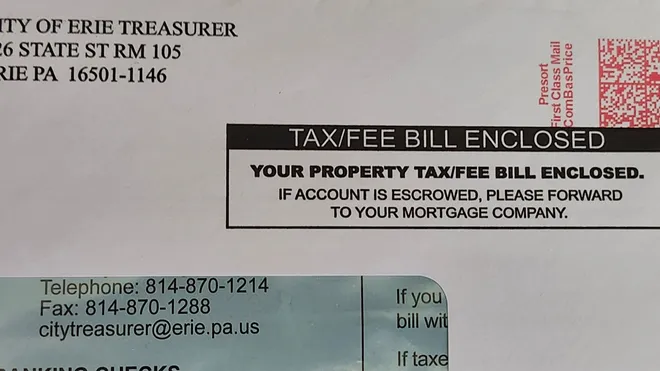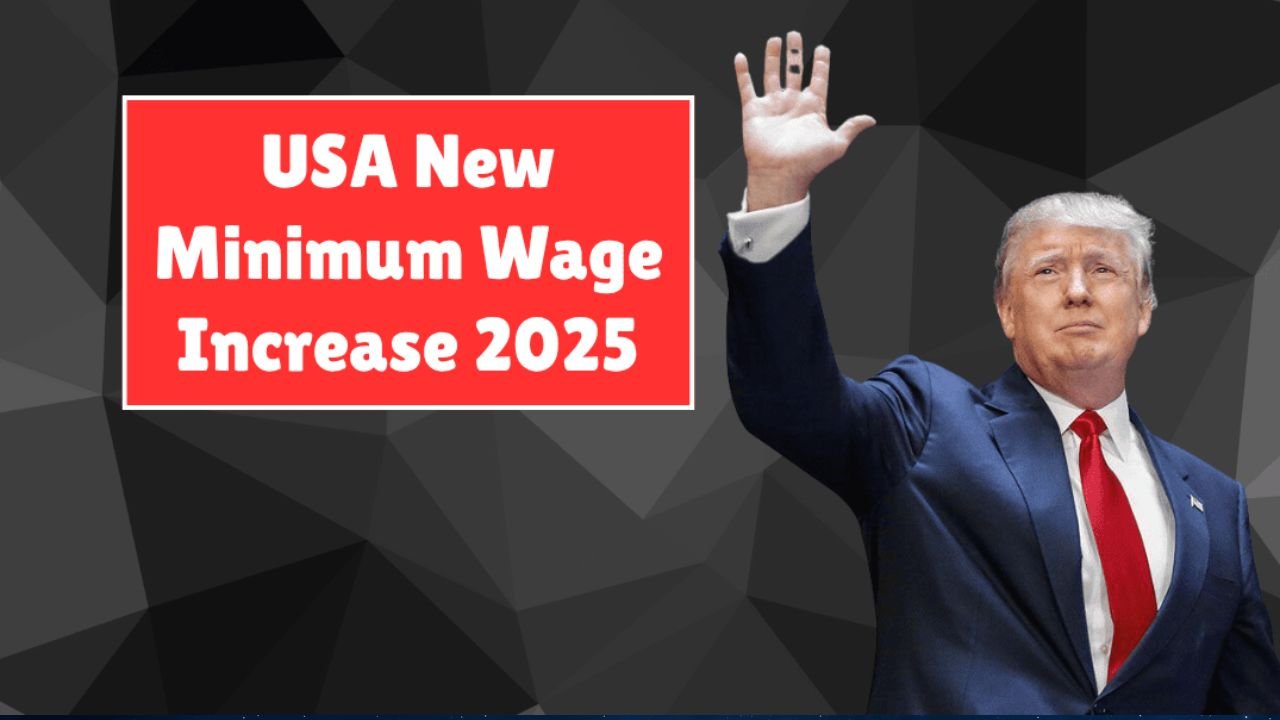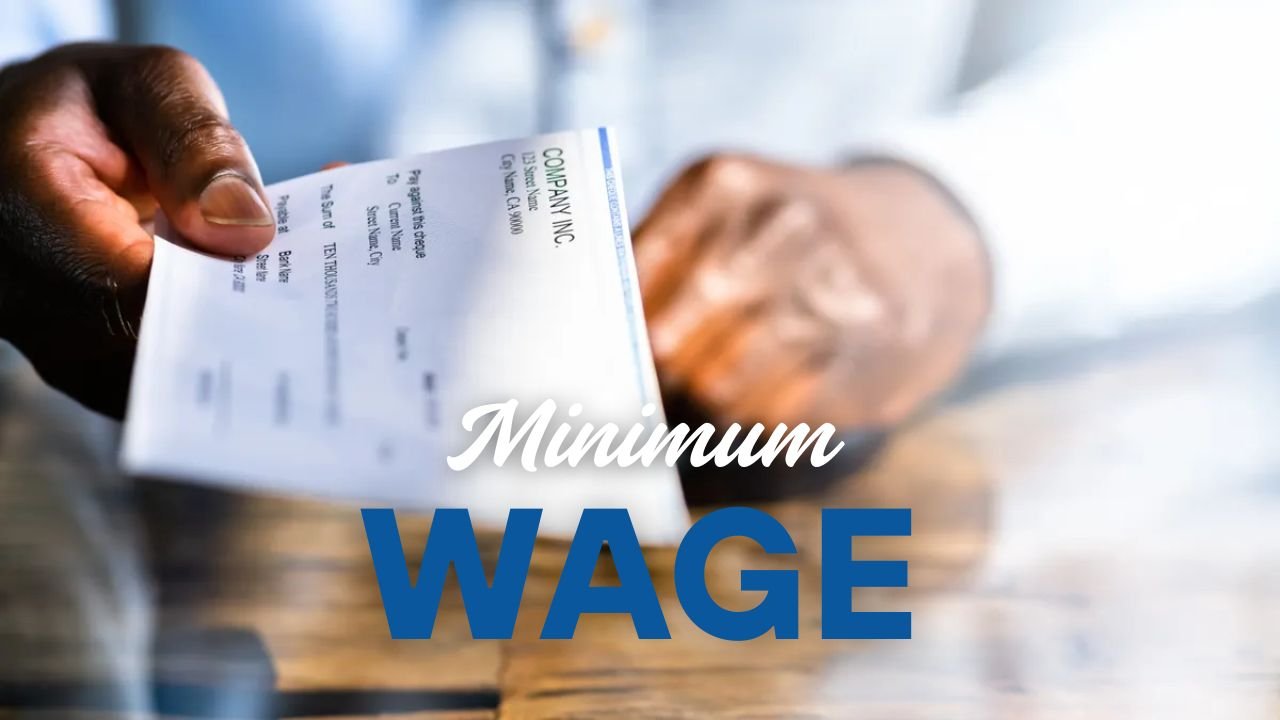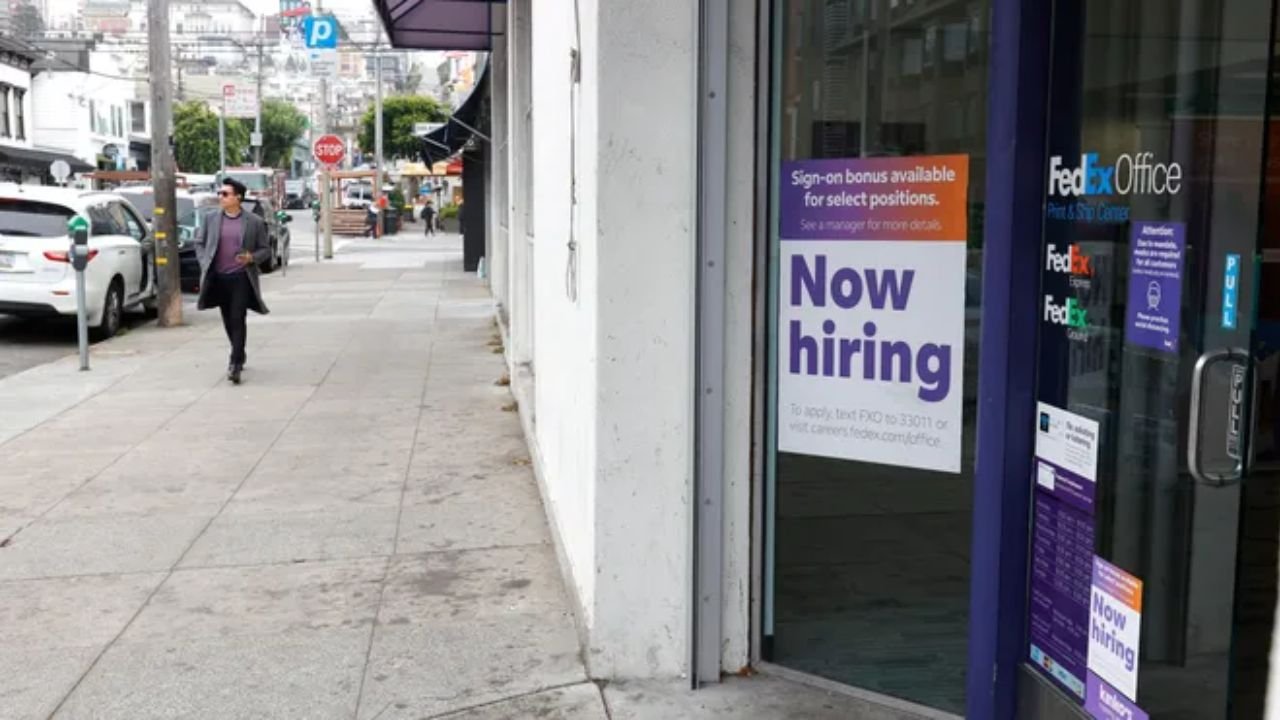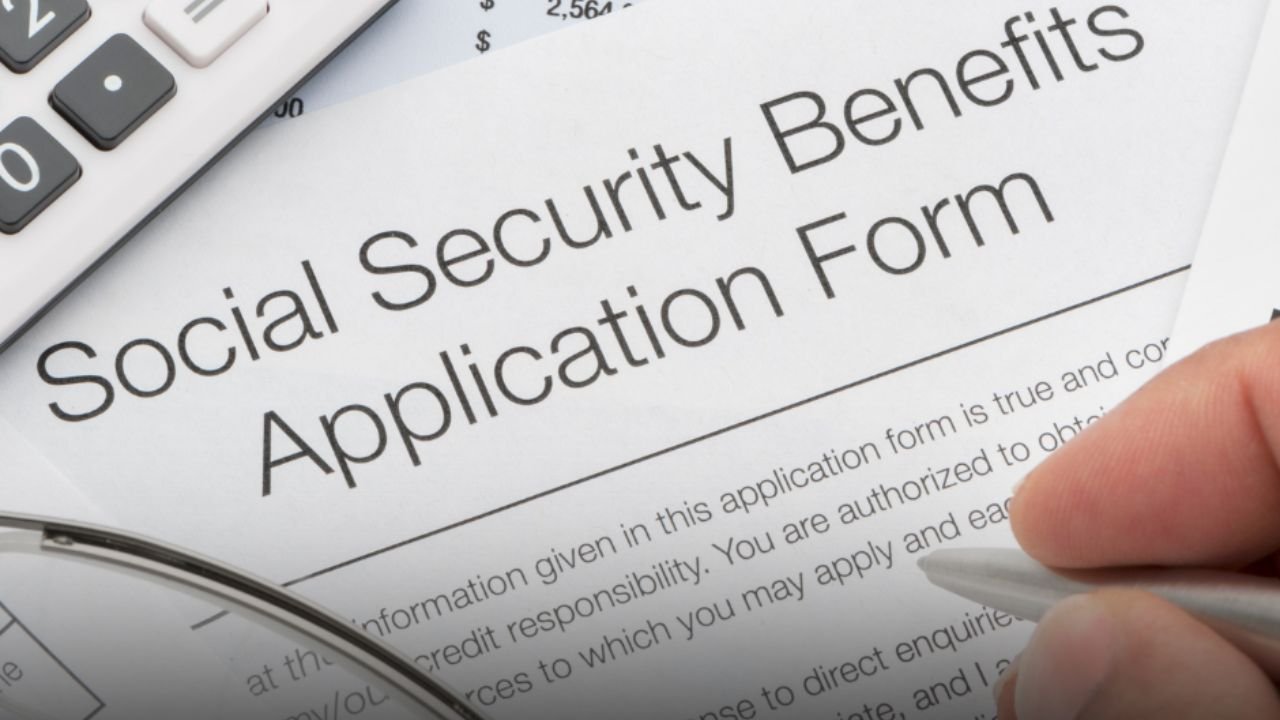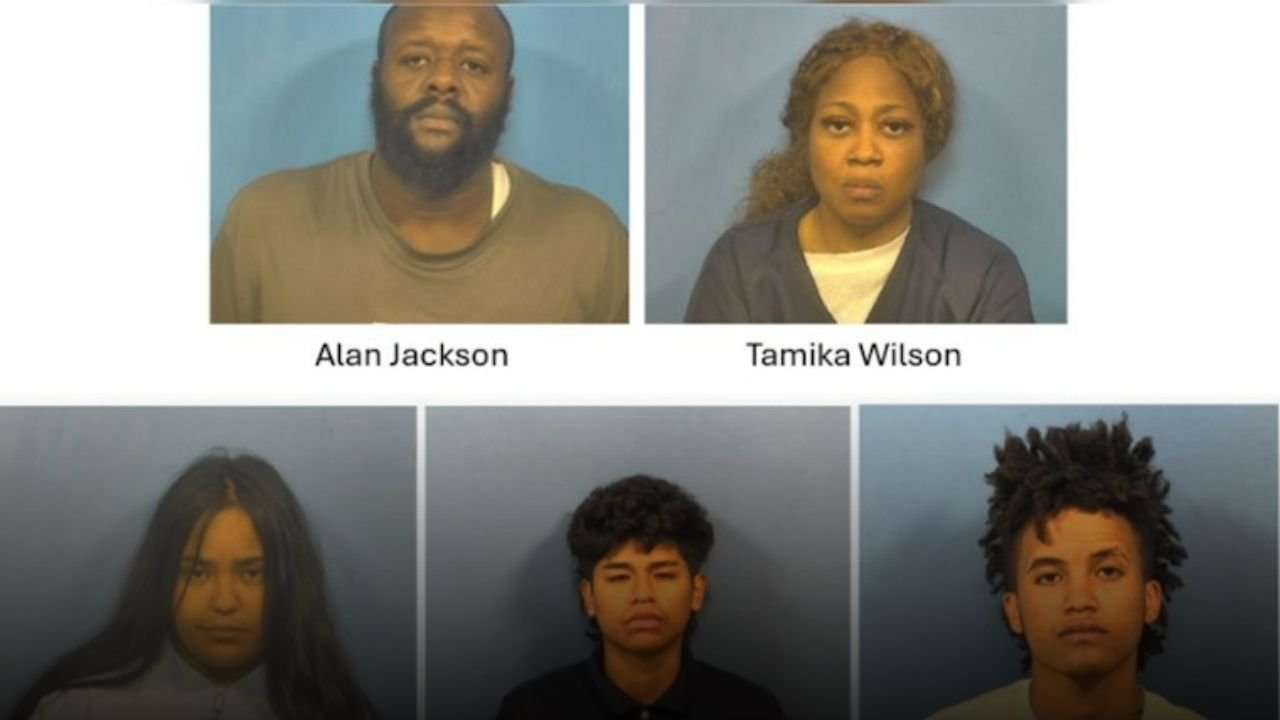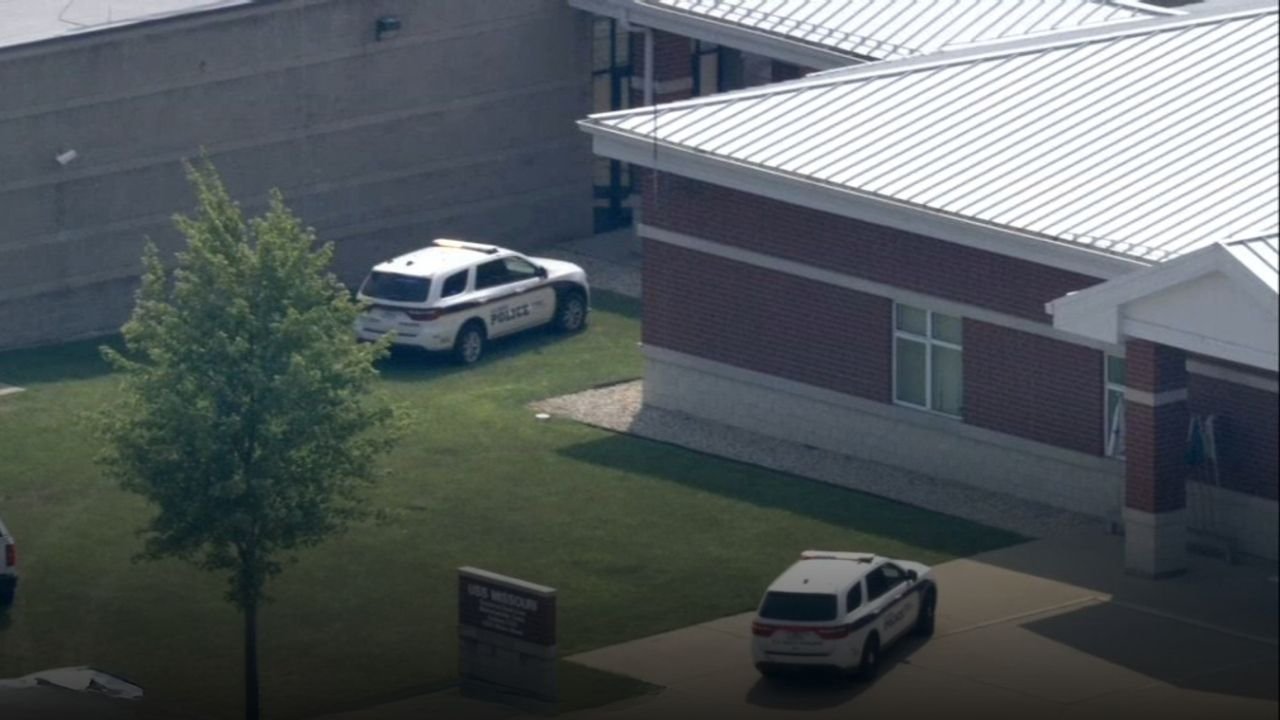CHICAGO, IL — Cook County property owners are preparing for the impact of the Illinois Department of Revenue’s newly announced 2024 equalization factor: 3.0355. Known as the “multiplier,” this figure is essential in standardizing property assessments statewide and directly influences how tax bills are calculated across the region’s 5.2 million residents.
What Is the Equalization Factor?
The equalization factor ensures uniform property assessments throughout Illinois. In 2024, Cook County’s three-year average assessment level (10.98%) remained well below the state’s required 33.33%, prompting the state to apply the 3.0355 multiplier.
This number is slightly higher than 2023’s multiplier of 3.0163, continuing a trend where Cook County assessments fall short of the state threshold.
Source: Illinois Dept. of Revenue Press Release
Who Determines These Rates?
-
Cook County Assessor Fritz Kaegi reported that 2024’s total assessed property value in Chicago rose to $50.8 billion, up 23% from 2023.
-
The Cook County Board of Review, made up of Larry Rogers Jr., George Cardenas, and Michael Cabonargi, finalizes assessment appeals and plays a pivotal role in shaping outcomes.
Despite efforts to standardize valuations, long-standing tensions persist between Kaegi’s office and the Board, especially over decisions that often favor commercial over residential properties.
Assessment Classes & Who Pays More
The impact of the multiplier isn’t felt equally across property types:
-
Residential (homes, condos): Assessed at 10% of market value
-
Commercial/Industrial: Assessed at 25%
2024 Growth in Property Classes:
-
Class 5B (Industrial): +65% in value
-
Class 3 (Multifamily): +34%
Source: Cook County Assessor Data
What’s Happening in Suburbs?
Many suburban homeowners—especially in south and southwest Cook County—have faced sharp increases in property tax bills:
-
Median bills rose nearly 20% to $6,117 in 2024
-
Largest percentage jump in 29 years for the region
Source: Crain’s Chicago Business
To ease the strain, the county created a $15 million Homeowner Relief Fund, offering $1,000 payments to those who saw tax hikes of 50% or more in a single year.
Source: Evanston RoundTable
Why the Appeals System Is Under Scrutiny
Between 2021 and 2023, the appeals process shifted $2 billion in taxes from commercial property owners to residential homeowners, with disproportionate effects on low-income and minority communities.
Source: Journal & Topics Media Group
Calls for Reform
Assessor Kaegi is pushing for a “circuit breaker” relief program, modeled on systems in 29 other states. This would provide targeted tax relief for residents facing extreme tax hikes relative to income.
Source: ABC7 Chicago
What It Means Going Forward
While the multiplier itself doesn’t raise taxes, it determines how the tax burden is distributed:
-
Residential properties are consistently assessed below ideal levels.
-
Commercial appeals may again shift burden onto homeowners.
From 2007 to 2024, Cook County property tax bills have risen 78%, while home values only increased 7.3%, per Illinois Policy Institute data.
Source: Illinois Policy Institute
Are you a Cook County homeowner feeling the pressure from rising property taxes? Share your experience or tips for navigating the appeal process in the comments.
Stay with ChicagoSuburbanFamily.com for real updates on taxes, housing, and Chicago finance news that matters.

